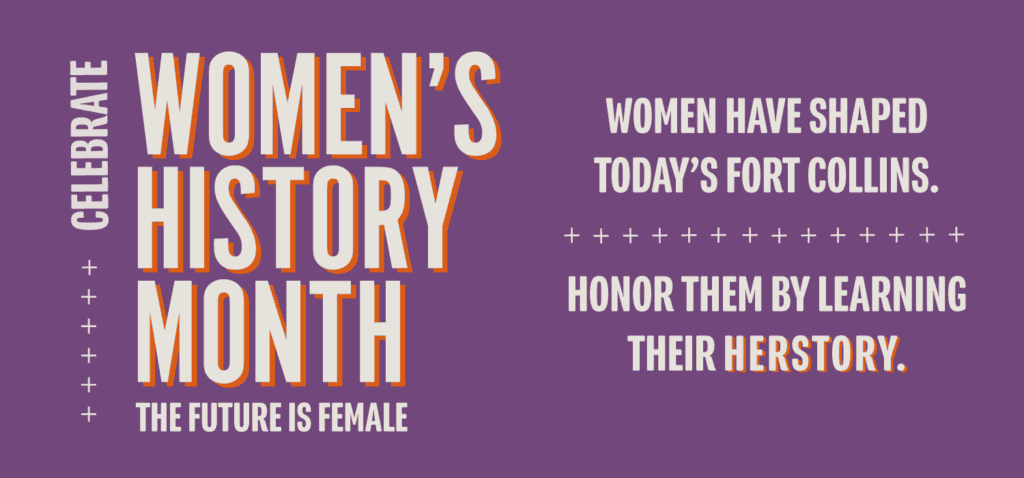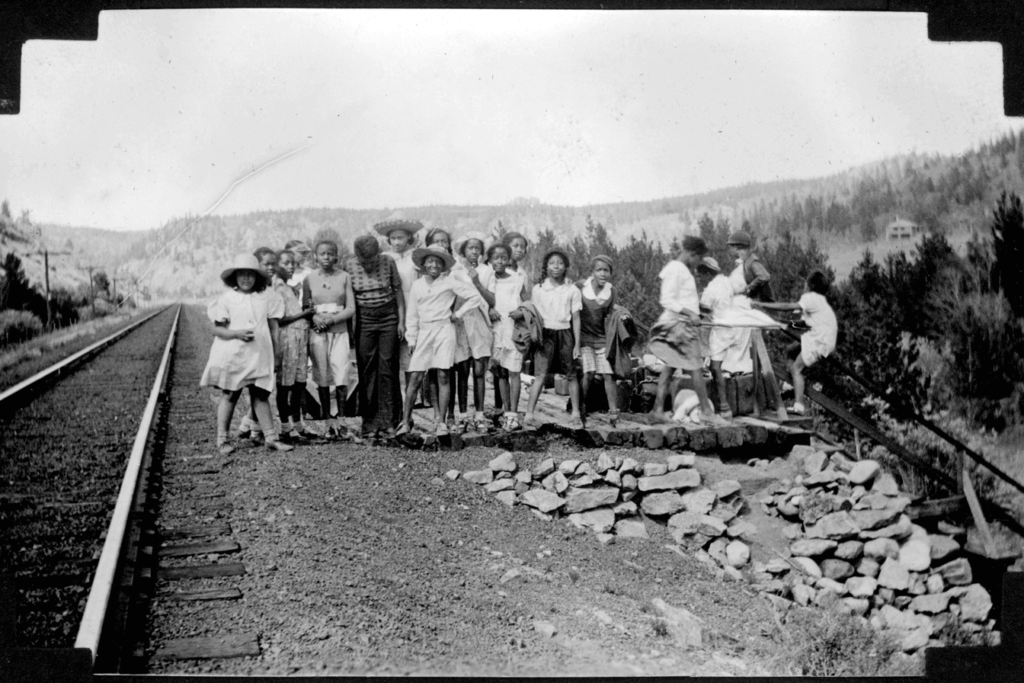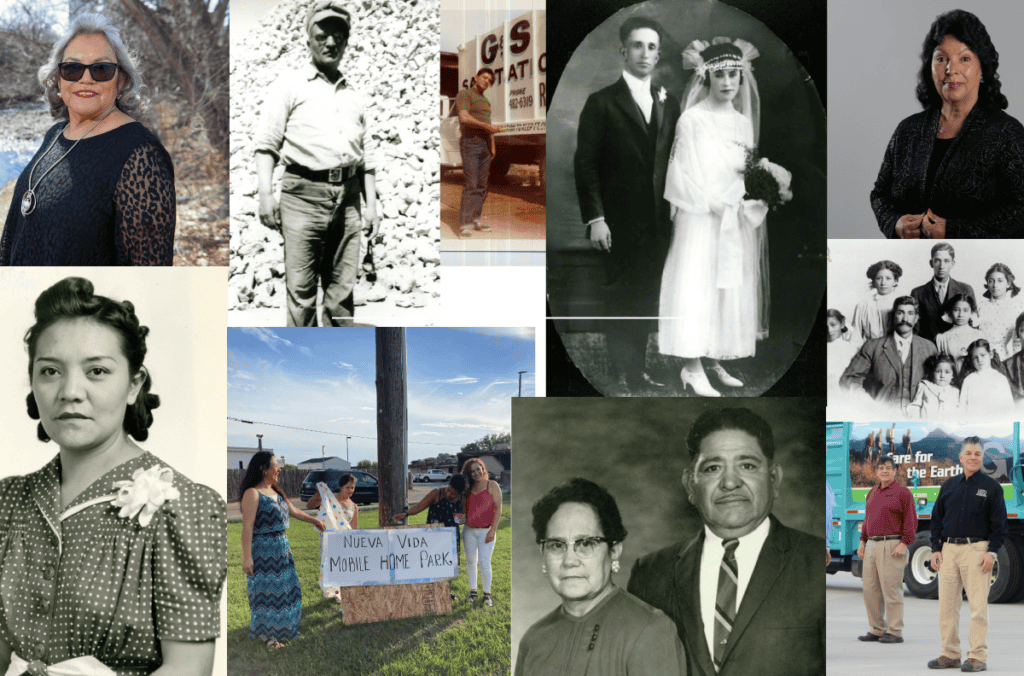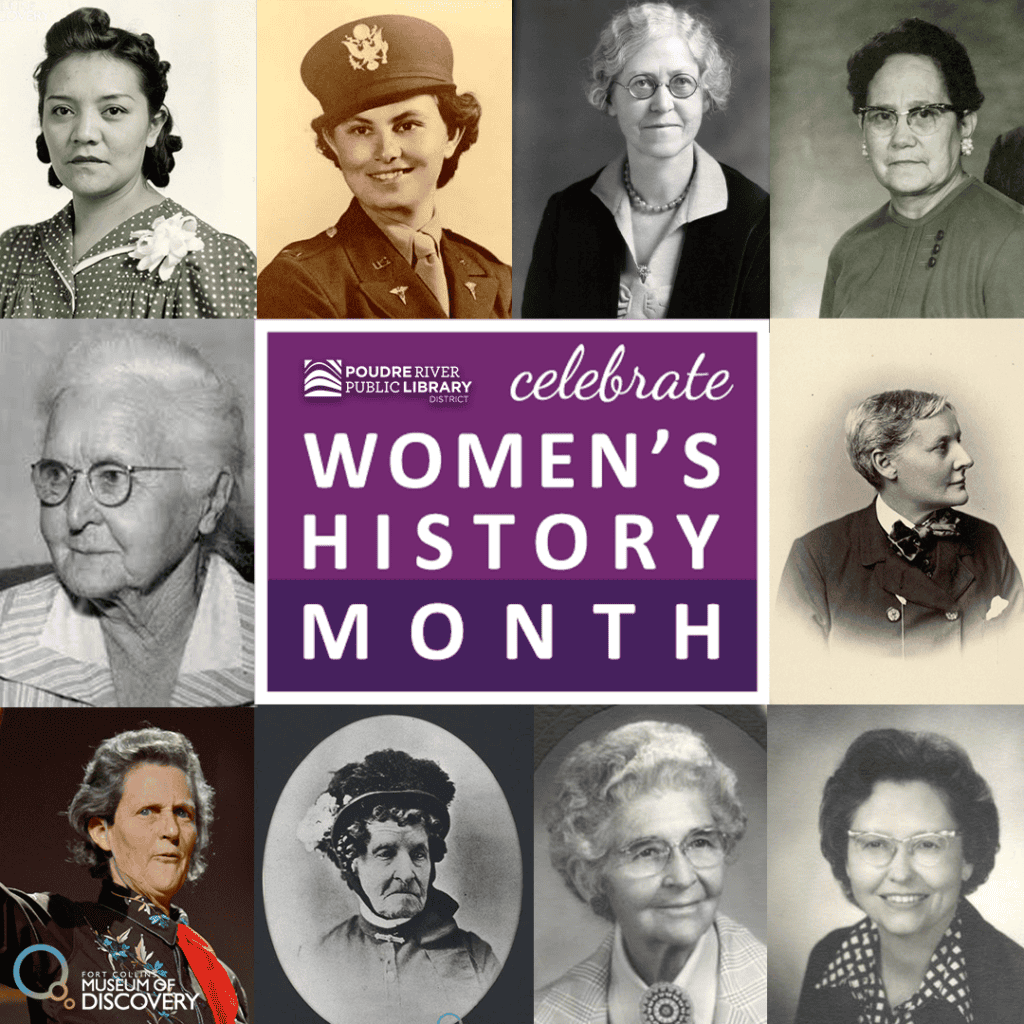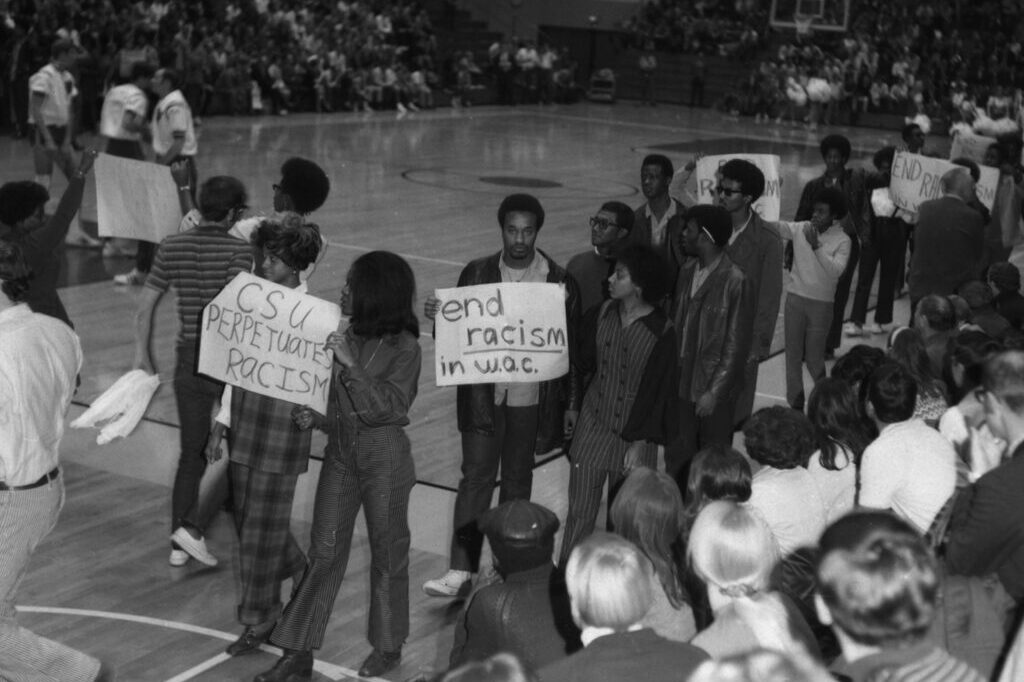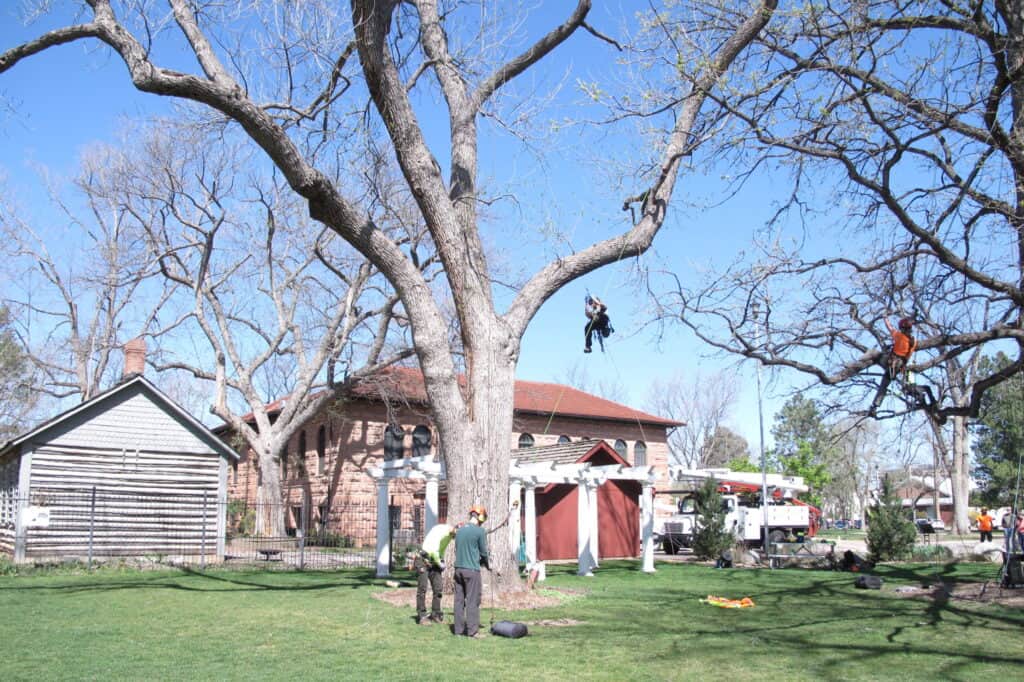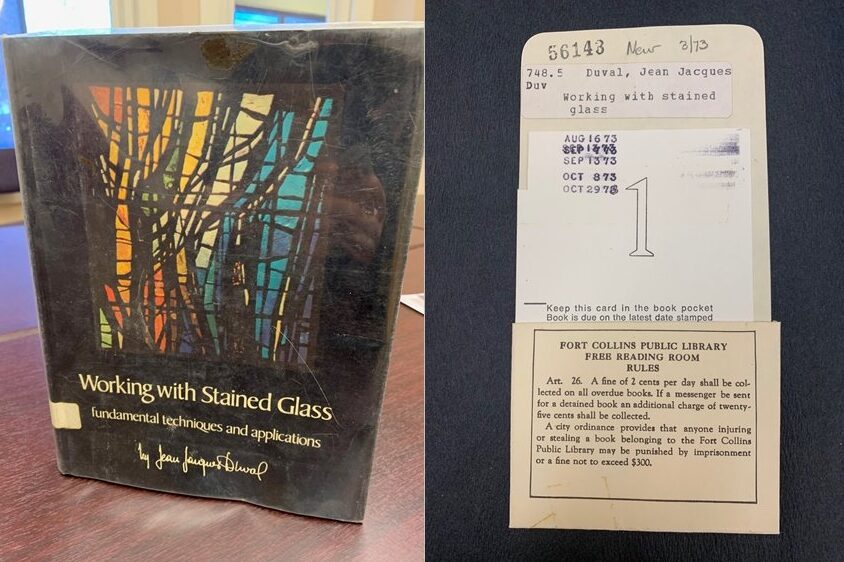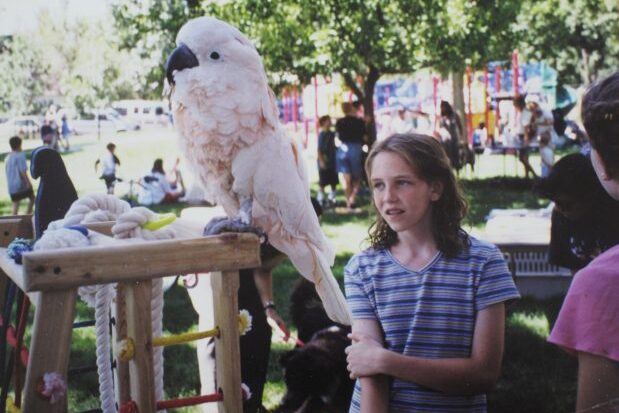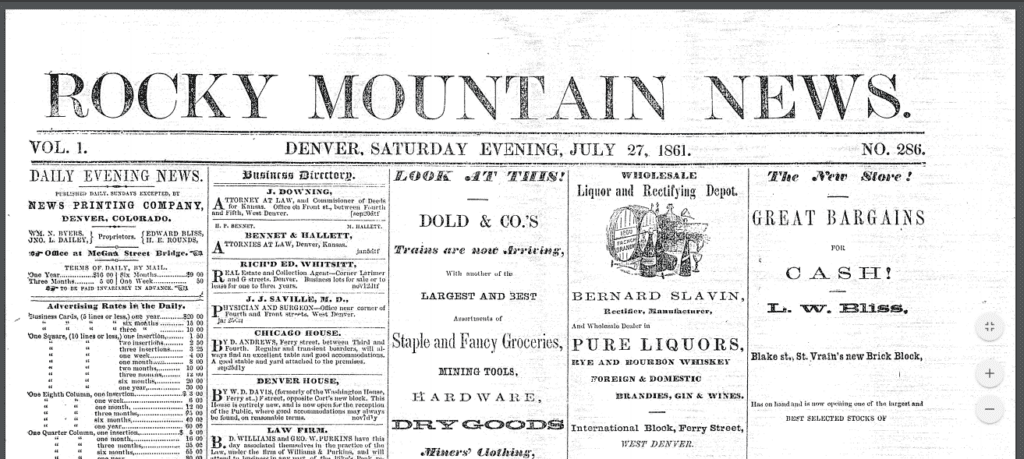Colorado Black History & Book Choices
By Annaclaire Crumpton
It’s Black History Month! This month, we celebrate black futures and honor the unique contributions of Black individuals who shaped Colorado and the nation.
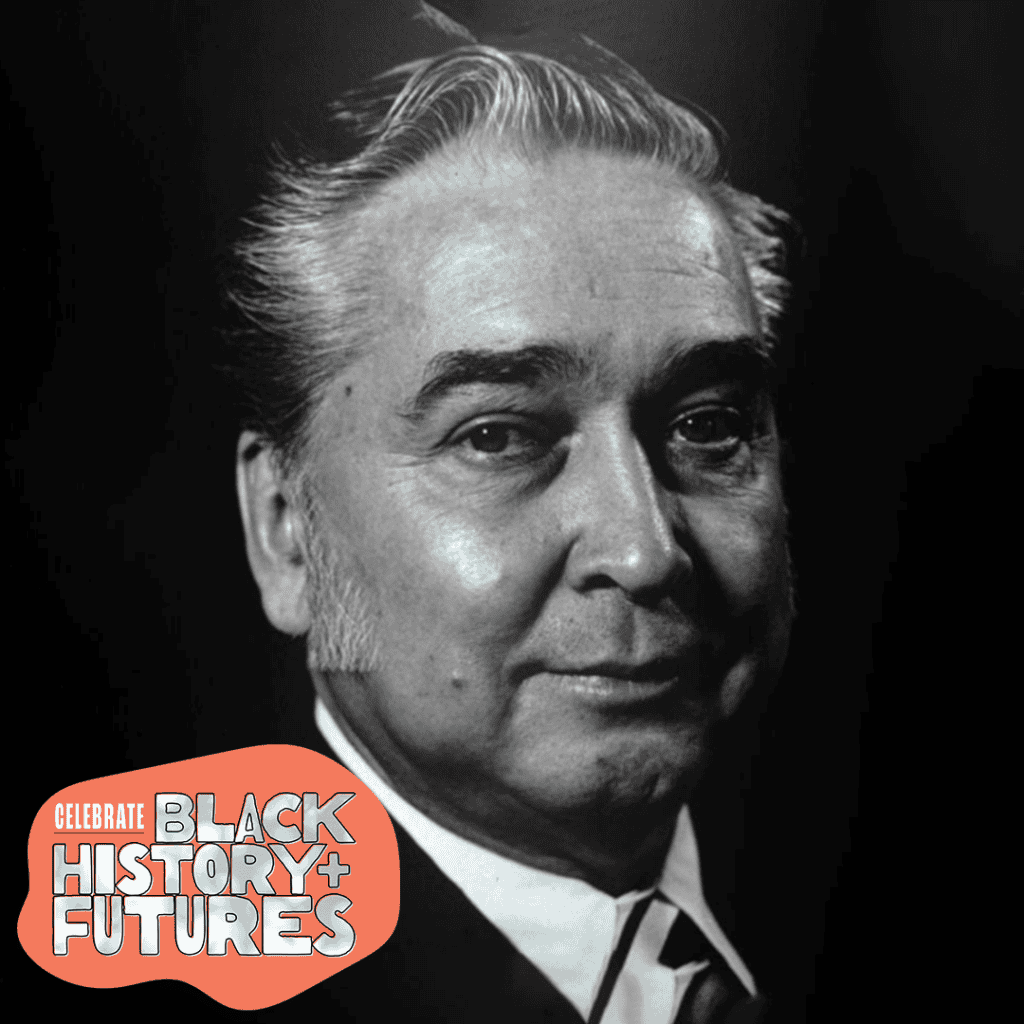
Elvin R. Caldwell Sr. (1919–2004)
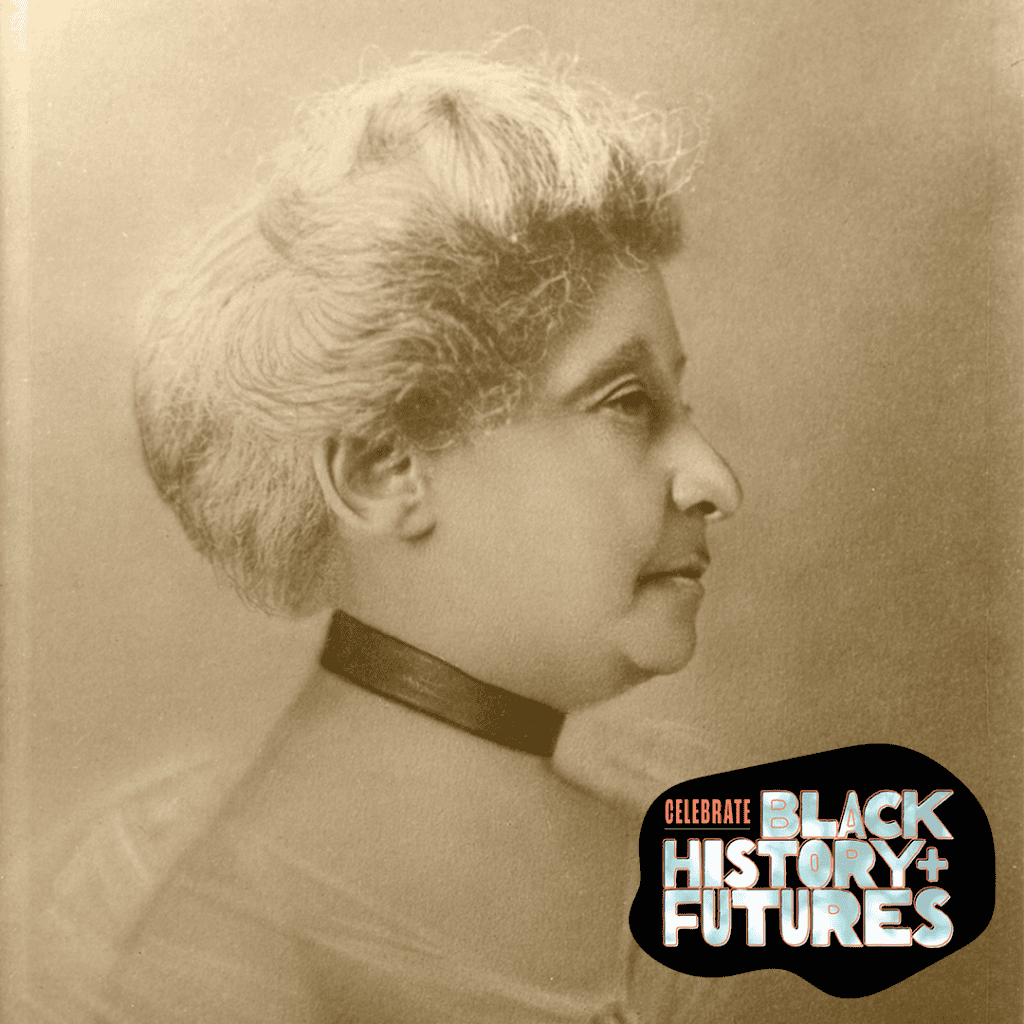
Elizabeth Piper Ensley (1847–1919)
Did you know that Colorado was the second state in the nation to formally allow women to vote? Elizabeth Piper Ensley (1847–1919,) was instrumental in this historic event that has lasting effects for every Coloradoan today. The daughter of formerly enslaved people and abolitionists, she was a passionate advocate for women’s rights and racial equity. She was a leader for the national women’s suffragette movement at both a state and national level. She served in multiple organizations centered on social issues and founded the Association of Colored Women’s Clubs to connect activists across the state in 1904. Elizabeth was also instrumental in the campaign of Joseph Stuart, Colorado’s first black legislator. Elizabeth died on February 23, 1919, while living in Arvada, Colorado.
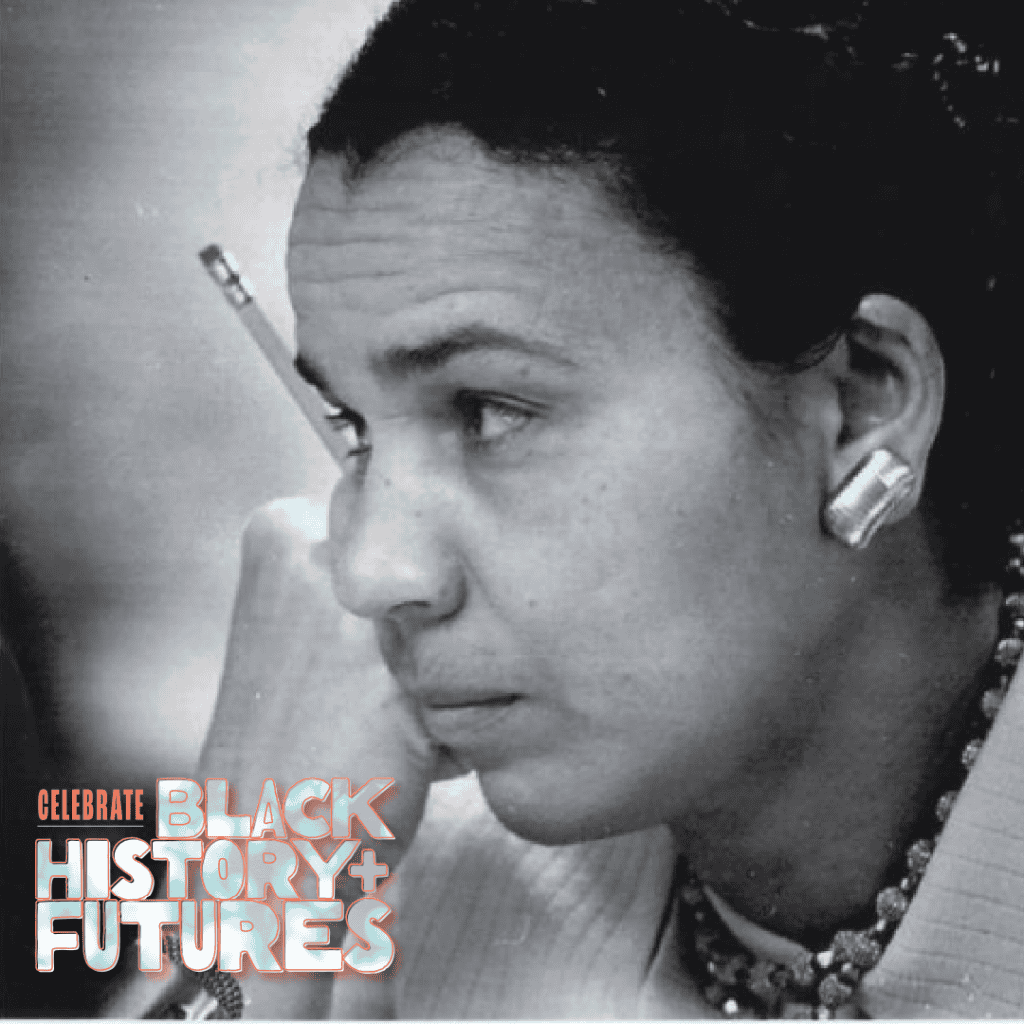
Rachel B. Noel (1918–2008)
Rachel B. Noel, a trailblazing figure in education and civil rights, transformed the city of Denver. The first Black woman elected to public office in Colorado, Rachel served on Denver’s Board of Education beginning in 1965. Noel formed a committee that discovered de facto segregation (segregation not written in law) across the district, leading her to write and pass the 1968 Noel Resolution. Though repealed the following year, it sparked a Supreme Court case in 1973, which found Denver Public Schools guilty. The court mandated immediate integration, eventually enforcing it through mandatory busing, which incited community backlash including the bombing of a DPS bus depot. Despite challenges, Rachel and her community successfully integrated DPS. Beyond the school board, she played a key role in desegregating the Denver Girl Scouts and earned various accolades, including the 1990 Martin Luther King, Jr. Humanitarian Award, a place in the Colorado Women’s Hall of Fame, and was named Top 100 Citizens of the 20th Century from Rocky Mountain News. Noel also formed the African American Studies Department at Metropolitan State University among countless other achievements throughout her life. A stained-glass window in the Colorado State Capitol immortalizes her incredible dedication to making Colorado a better state.
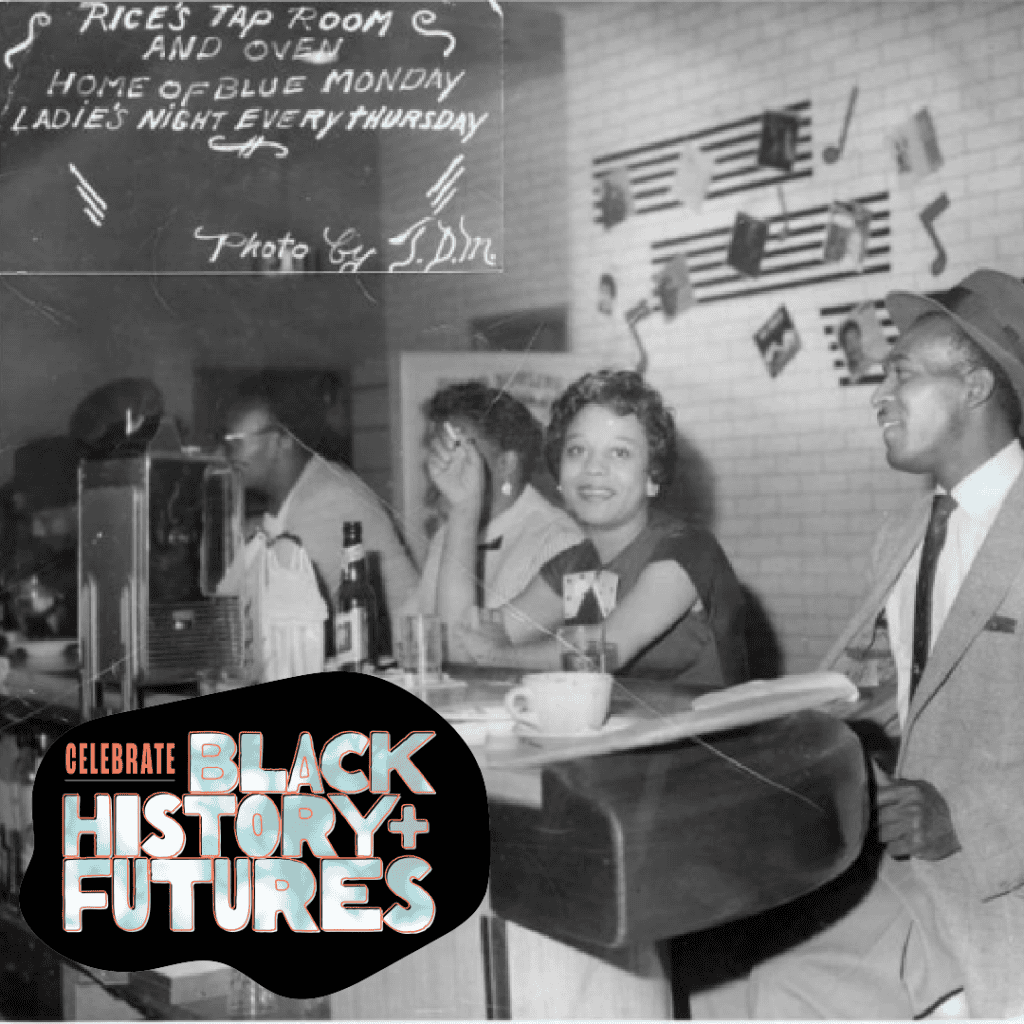
Five Points Neighborhood
Have you visited the RiNo (River North) Arts District in Denver? This trendy, newly revitalized area of Denver is part of the historic Five Points District which was home to a thriving Black community in the early 1900s. Once called the “Harlem of the West” the Five Points area was known for its music and thriving community. Five Points developed rapidly alongside the silver rush in Colorado and became home to businesses and institutions that helped to establish the area’s character. These included the Zion Baptist Church, the state’s oldest African American congregation. By the 1920s over 90% of Denver’s African American population resided in Five Points and the neighboring Whittier neighborhood. The neighborhood and its way of life were threatened by the rise of the Ku Klux Klan in the early 1900s but continued to build its strength and resilience with the establishment of the Denver chapter of the NAACP. Well into the 1950s, the neighborhood was the center of Denver’s Black community until desegregation opened doors for families to move into other communities which led the area’s population to decline. Today, Five Points is still home to important cultural, religious, and social institutions including Zion Baptist Church.
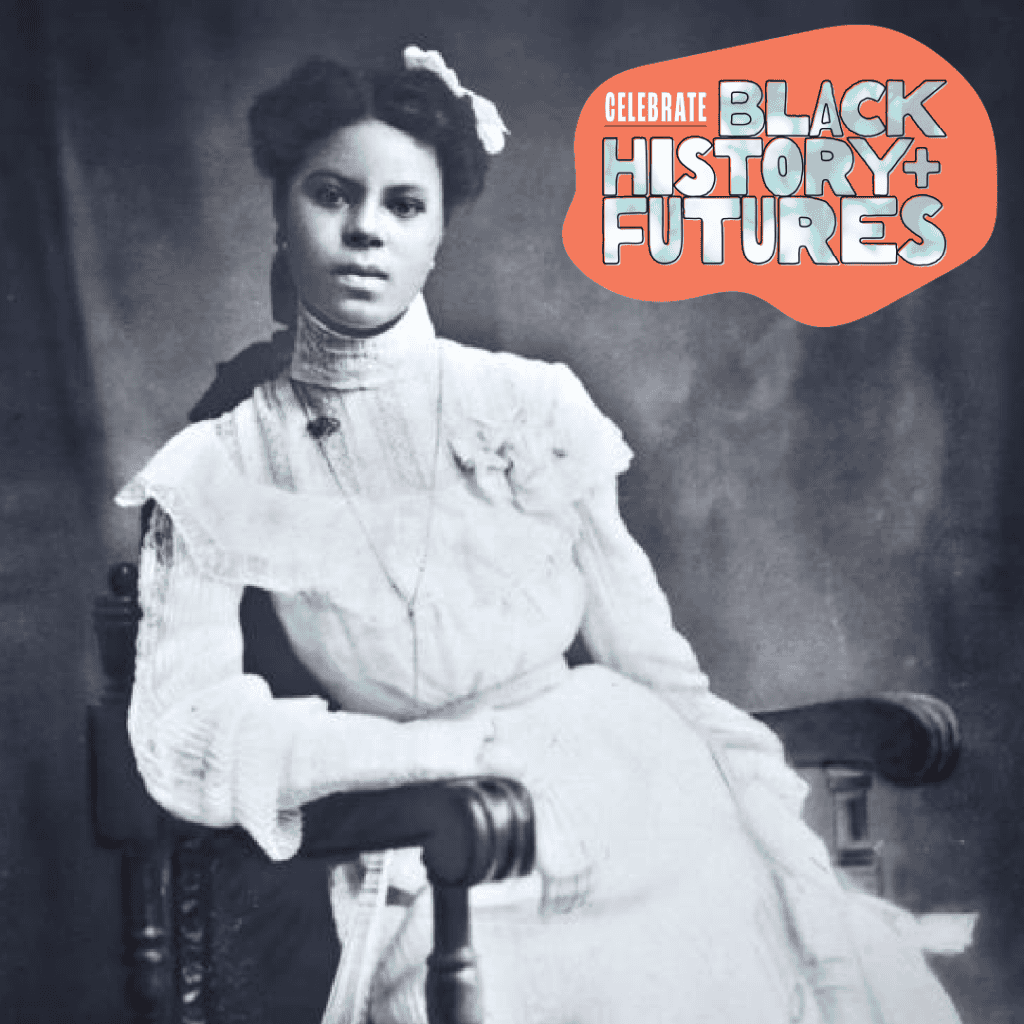
Lucile Berkeley Buchanan (1884–1989)
Lucile Berkeley Buchanan (1884–1989) was a champion of education her entire life. Facing countless barriers as a black woman born in the late 1800s to formerly enslaved parents, Lucile became the first African American graduate of Colorado’s State Normal School (now the University of Northern Colorado) with a teaching certificate. At the time, women pursuing higher education, particularly women of color, defied all societal norms and expectations. After graduation, she faced racial discrimination and was denied permanent positions across the state. Despite this, she went on to earn a bachelor’s degree from the University of Colorado in 1918, becoming the first recorded black woman to graduate from the school. Eventually, her job search was successful with the help of her pastor at Zion Baptist Church who secured her a full-time job teaching at a segregated school in Arkansas. She went on to teach in segregated schools in Kansas City and Chicago. Buchanan later returned to Denver and retired in 1949. She lived in the Barnum neighborhood of Denver for another 40 years, dying at 105 in 1989. She is buried in Denver’s Fairmount Cemetery. Her contributions extend beyond her lifetime and achievements that inspired generations.
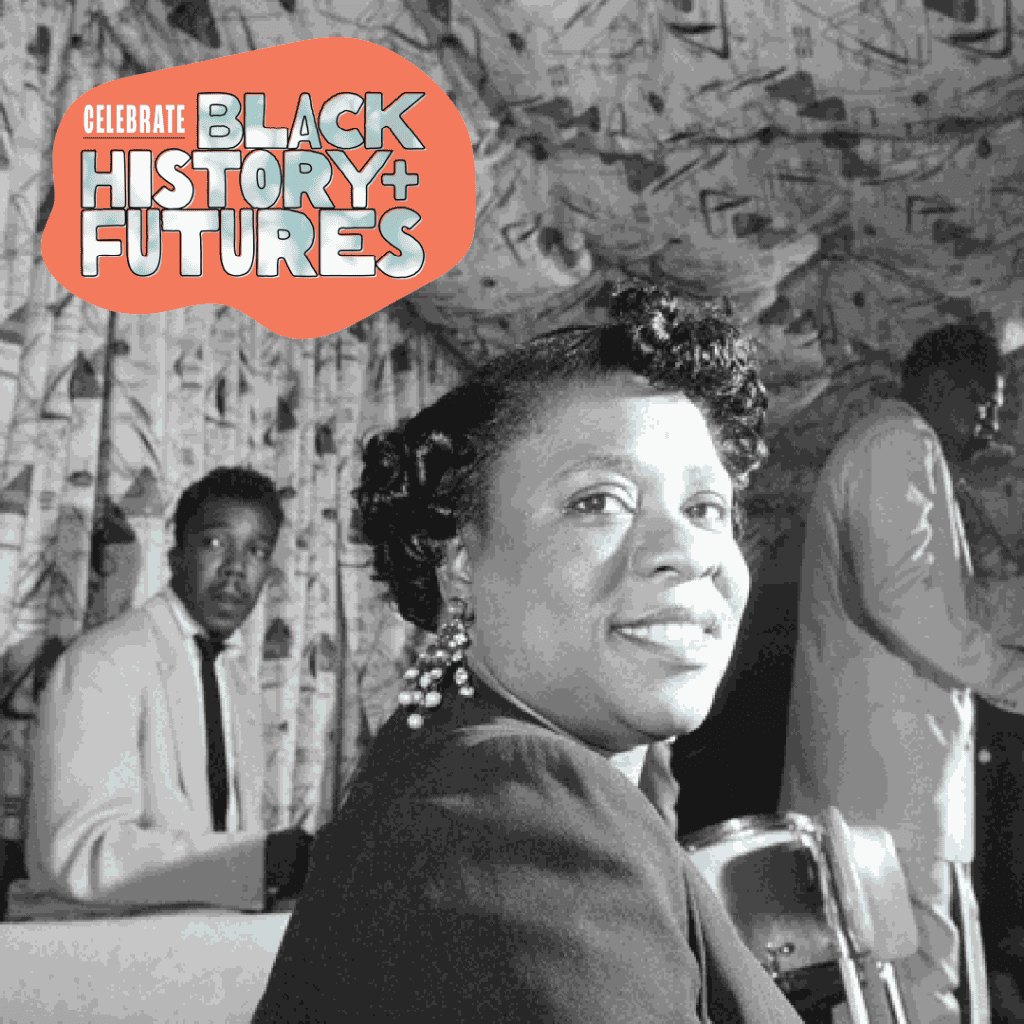
Fannie Mae Duncan (1918-2005)
Fannie Mae Duncan (1918-2005) was a pioneering entrepreneur and community activist. She arrived in Colorado in 1933 to Manitou Springs when she was 15 years old. Fannie built a business empire catering to the black community including the Cotton Club where jazz legends like Louis Armstrong, Duke Ellington, and Etta James performed. Local police objected to her nondiscrimination policy for guests which she fought by arguing that turning away whites would deny them their constitutional rights. The Cotton Club bore a sign that stated, “Everybody Welcome” during the rest of its time open in the city. Her bravery paved the way for the peaceful integration of Colorado Springs. She donated the first iron lung (a medical device for polio) to the city, funded numerous college educations, and cofounded philanthropic institutions like the 400 Club. Her story and achievements are remembered for generations to come as part of the Colorado Women’s Hall of Fame.
We’ve shared the stories of incredible individuals and places from state history. Overcoming countless barriers, these individuals are integral to what life is today in Colorado. Their stories, perseverance, and achievements also remind us that they sew inspiration for the trailblazers of today. Black History Month is also about celebrating black futures. Trailblazers like those we shared this week exist all around us. From non-profits centered around celebrating black joy and building community to black business owners to advocates of all ages, it’s important to remember that Black History Month is also about celebrating black futures.
Find lists of contemporary and classic reads for Black History Month below.





